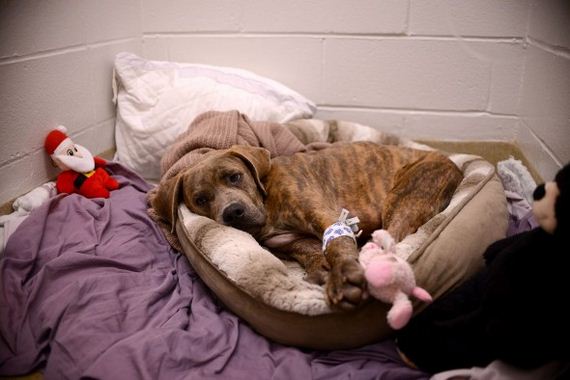
Penn Vet Program Saves 100th Shelter Dog in Need
On November, the Penn Vet Program tallied its 100th saved shelter dog in need. The program was started back in 2015, and is funded by the Richard Lichter Charity for Dogs. Sidon, a five-month-old Cane Corso, was the lucky 100th dog, and they’ve prepared a special press release to celebrate the milestone!

A five-month-old Cane Corso named Sidon was saved by Penn Vet’s Shelter Dog Specialty Medical Treatment Project, making him the 100th dog aided by the program since its launch in March 2015. The life-saving program is made possible through the generosity of the Richard Lichter Charity for Dogs.
When a shelter dog has a medical problem that requires specialty care, shelters often do not have the resources necessary to address the animal’s needs. Experts from Penn Vet’s Shelter Medicine Program and partner facilities select dogs to enroll in the
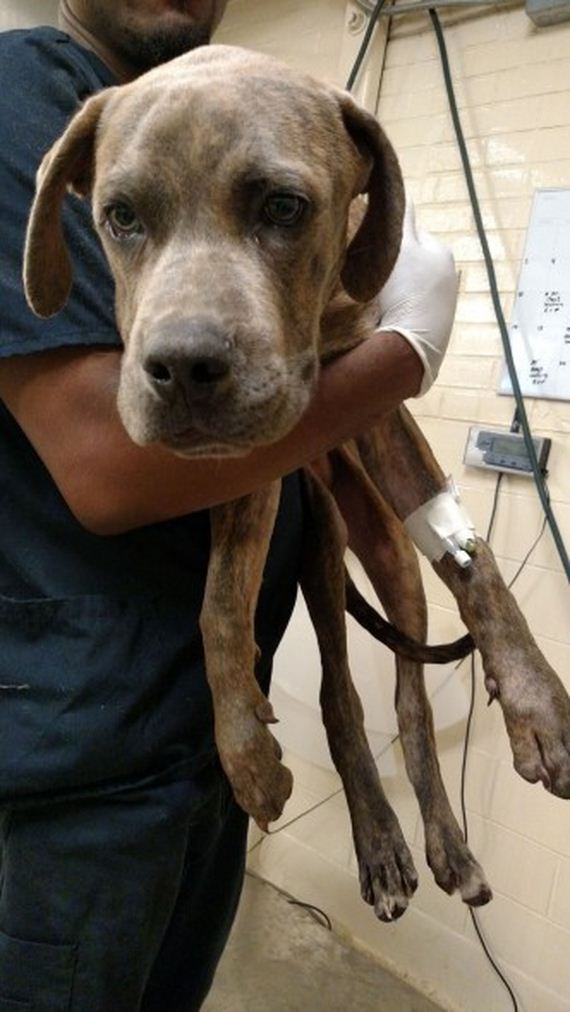
Shelter Dog Specialty Medical Treatment Project. Through this program, veterinarians at Penn Vet’s Ryan Hospital provide specialized medical care to dogs from area shelters that are in need. All diagnostic and medical services are covered free of charge to participating shelters. Following treatment, dogs are placed in foster homes and made available for adoption.
“It is incredible that we’ve been able to give 100 dogs a second chance at life through Richard’s tremendous support,” said Dr. Brittany Watson, Director of Shelter Medicine and Community Engagement at Penn Vet. “The Shelter Dog Specialty Medical Treatment Project has been so impactful for our students, staff, and shelter partners, enabling us to collaborate with the shelter community to save the lives of dogs in need.”
“This has been a wonderful opportunity to give a helping hand to dogs who just need some medical assistance in order to be adoptable,” said Richard Lichter.
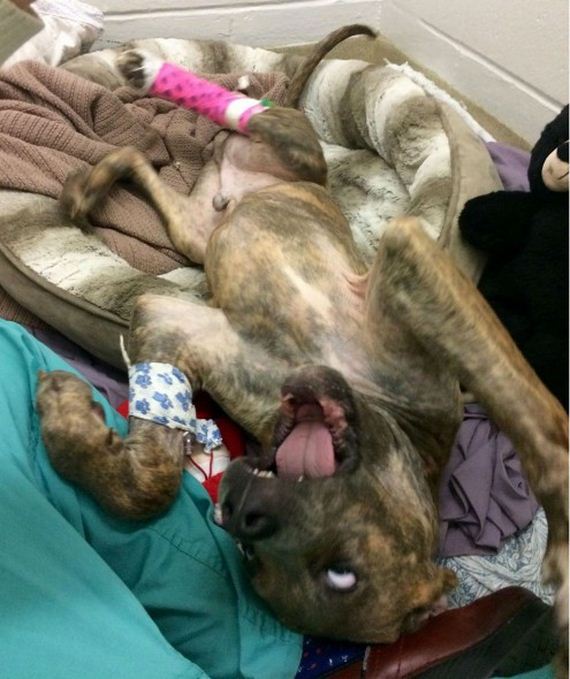
Sidon arrived at the Pennsylvania SPCA with an extremely swollen neck and shoulder. The swelling appeared to be progressive, so he was sent to Penn Vet’s Ryan Hospital for advanced diagnostics, intensive care, and possible surgery. Sidon was placed on antibiotics, which helped to lower his fever and swelling. A CT scan revealed a fluid-filled tract that spread from the base of his tongue to the thorax and the mediastinum, as well as to the shoulder blade and along the back. The extensive infection was the result of an unknown injury, most likely a penetrating foreign body.
Drs. Lillian Aronson and Christine Hsueh performed surgery to debride and flush out the abnormal tissue. They also placed a closed suction drain to remove additional fluid post-surgery.
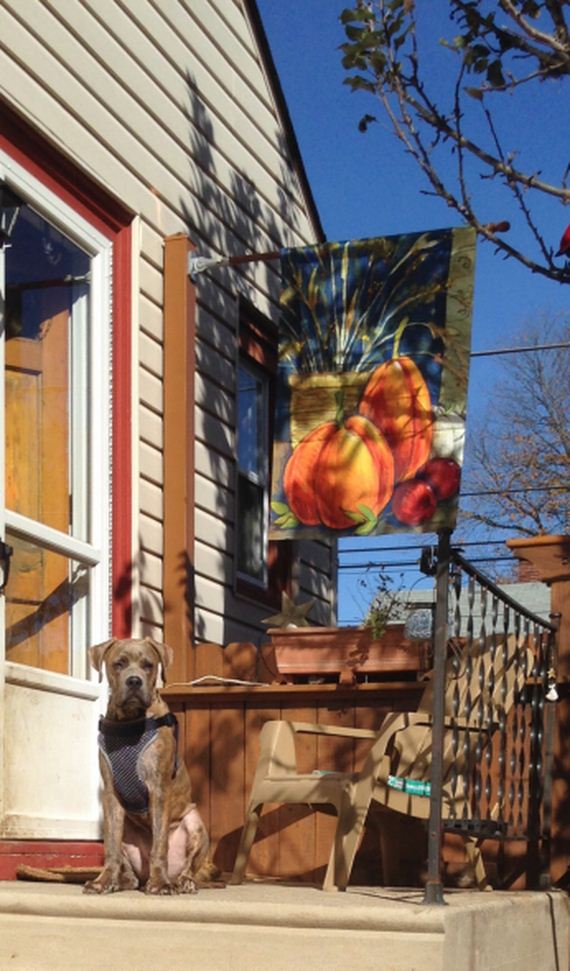
Sidon recovered very well and the drain was removed after 36 hours. Today, he is happily residing with his foster parent, Allison Vetter, CVT, one of the nurses who cared for him at Ryan Hospital.
“I tell everyone how wonderful the Shelter Dog Specialty Medical Treatment Program is,” said Vetter. “It makes a big difference for dogs who wouldn’t otherwise have a second chance at life. I have high hopes for Sidon.”
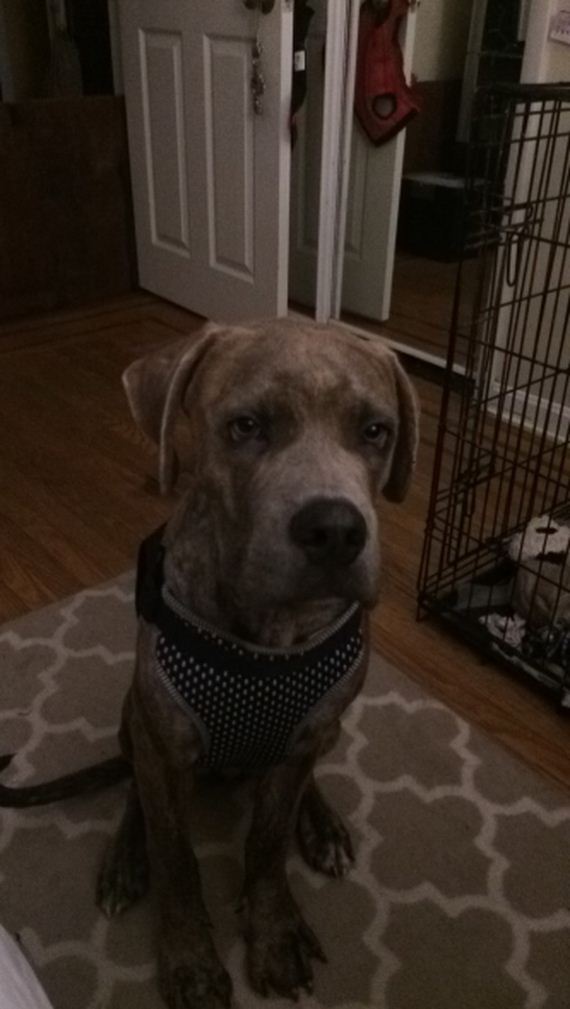
Established in 2006, the Penn Vet Shelter Medicine Program programs consultative, educational, and veterinary support to regional shelters and residents of the Greater Philadelphia community. The program has a significant impact on how many homeless animals are given quality care and placed into permanent homes. In addition, the program provides interdisciplinary and authentic instruction to veterinary students through the lens of shelter medicine, by integrating best practices in educational techniques and research with community outreach, collaborative partnerships, and service learning.
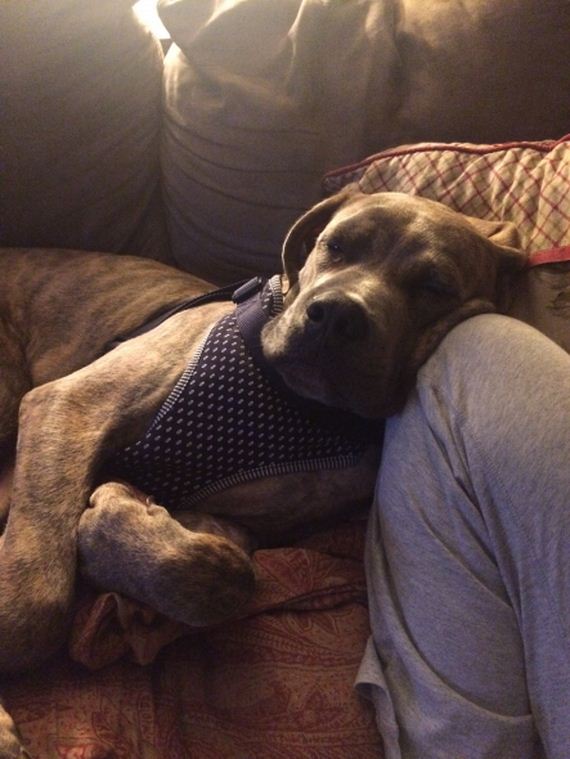
Ranked among the top five veterinary schools worldwide, the University of Pennsylvania School of Veterinary Medicine (Penn Vet) is a global leader in veterinary education, research, and clinical care. Founded in 1884, Penn Vet is the first veterinary school developed in association with a medical school. The school is a proud member of the One Health initiative, linking human, animal, and environmental health.
Penn Vet serves a diverse population of animals at its two campuses, which include extensive diagnostic and research laboratories. Ryan Hospital in Philadelphia provides care for dogs, cats, and other domestic/companion animals, handling nearly 35,000 patient visits a year. New Bolton Center, Penn Vet’s large-animal hospital on nearly 700 acres in rural Kennett Square, PA, cares for horses and livestock/farm animals. The hospital handles nearly 4,900 patient visits a year, while the Field Service treats more than 38,000 patients at local farms. In addition, New Bolton Center’s campus includes a swine center, working dairy, and poultry unit that provide valuable research for the agriculture industry.
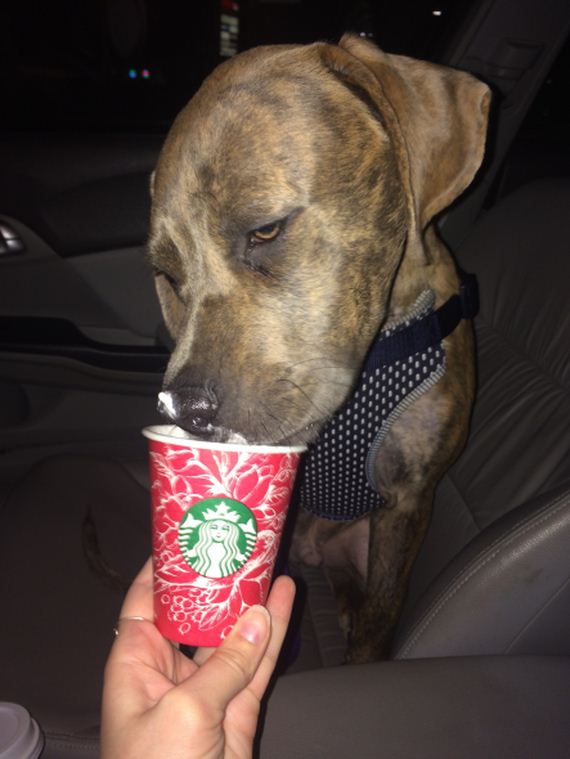

+ There are no comments
Add yours